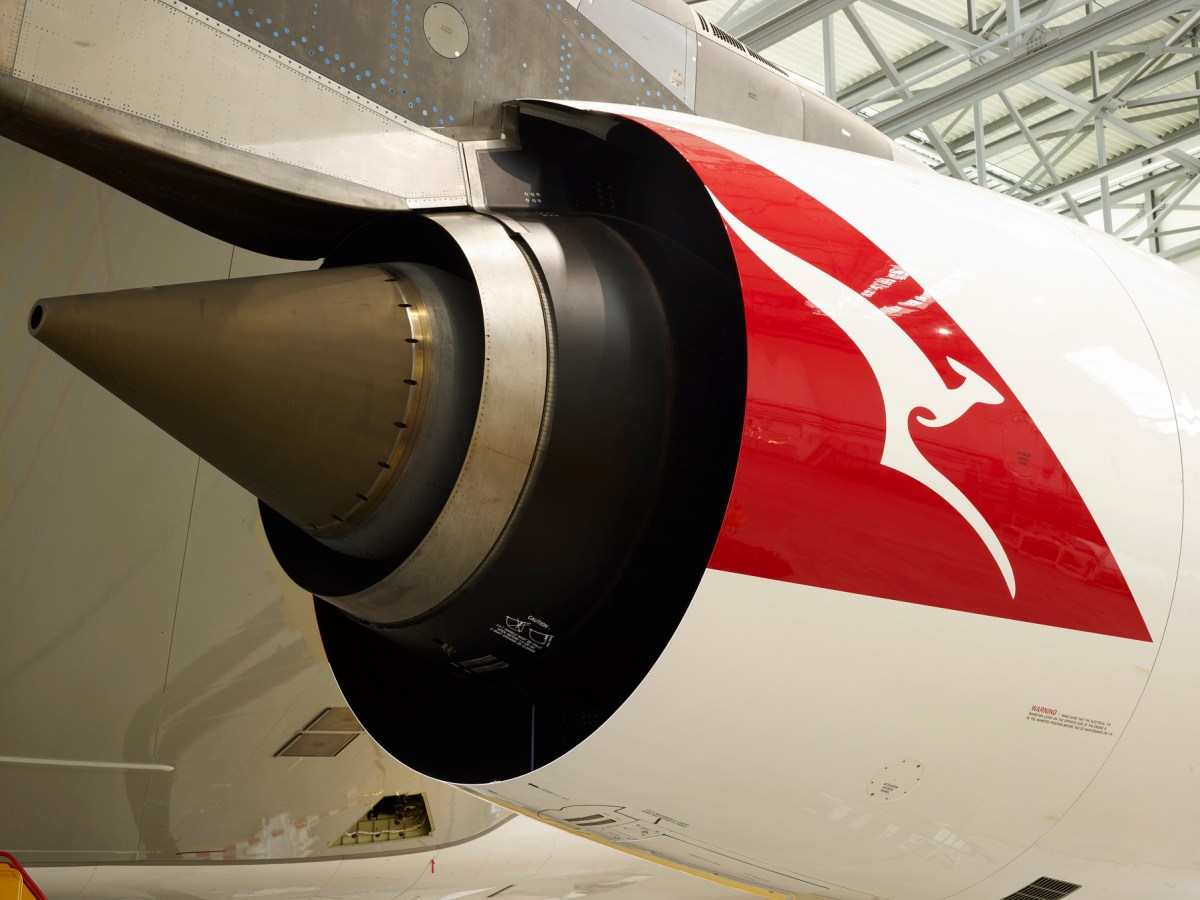
BY JAMES WILKINSON
Qantas has announced its new strategy for long-haul services in a move to quell substantial financial loses and regain market share.
The plan includes new services to Santiago in Chile, the construction of larger lounges in key international markets, the streamlining of London flights via Singapore and the creation of a new premium airline based in Asia.
Trans-Tasman services are also being boosted by additional brand new Boeing 737-800 aircraft and the introduction of Q-Tags for a more streamlined check-in process.
“Qantas International is a great airline with a proud history,” Qantas CEO Alan Joyce said. “But it is suffering big financial losses and a substantial decline in market share. To reverse that decline we need fundamental change.
“Qantas International takes up enormous amounts of capital, and our cost base is around 20 per cent higher than that of our key competitors. To do nothing, or tinker around the edges, is not an option.
“We have established a five-year plan that has the objective, first, of returning Qantas International to profitability in the short term.
“At the end of this process, we expect that we will be established on a competitive global platform, with high growth potential across all markets.
“Instead of being restricted to an Australian-based international airline, Qantas International will be participating in regional Asian opportunities, and in the world beyond,” he said.
The expected mass culling of international routes did not come to fruition, with the only affected services being Sydney-Buenos Aires (dropped in favour of Santiago), Bangkok-London and Hong Kong-London.
The move to drop flights to London from both Hong Kong and Bangkok is part of a broader partnership with British Airways under the airline’s Joint Services Agreement (JSA) with Qantas.
From early 2012, British Airways will operate codeshare services from Bangkok and Hong Kong to London on behalf of Qantas, while also upgrading its London-Singapore-Sydney service from a Boeing 777-200 to a larger 747-400.
However, British Airways will drop its daily Bangkok-Sydney service in favour of Qantas operating flights on the route.
Qantas CEO Alan Joyce said now was the right time for the airline to restructure its JSA with British Airways and the changes would result in improved profitability on London routes and the early retirement of four Boeing 747-400 aircraft.
“Strengthening our relationship with British Airways is an important element of our new strategy for Qantas International,” Joyce said.
“Singapore will become the focal point of the JSA relationship, with daily Qantas A380 services from Melbourne and Sydney and onward to London, increased British Airways capacity and a new premium lounge.
“The new approach is a smarter use of both airlines’ resources that will enhance our competitive position in Asia and in the Australia-Europe market,” he said.
Joyce said Qantas intends to operate daily Airbus A380 flights from Sydney and Melbourne to London via Singapore.
The airline will have 12 of the super-jumbos in service and 14 by mid-2013, while the remaining six on order will be deferred by up to six years to coincide with the retirement of Qantas’ last six Boeing 747-400ER aircraft.
As part of the airline’s strategy, new premium lounges will be built in Singapore, Hong Kong and London as Qantas aims to hold on to its most loyal Frequent Flyers.
“Qantas will construct a new First Lounge and Business Lounge in Los Angeles, three times the size of the current space, as well as new First Lounges in Singapore and Hong Kong,” Joyce said.
While Qantas’ new premium airline based in Asia does not yet have a base, Joyce did confirm it would have a “new name, a new brand, new aircraft and an exciting new look and feel”, ending speculation the Asian-based airline would operate with a flying kangaroo on the tail.
“The airline will not be called Qantas but it will leverage all our Qantas know-how, making the most of our excellence in brand management, aviation safety, customer experience, finance, marketing, and our valuable corporate customer relationships.
“We have narrowed down our location options and an announcement will be made when we have completed negotiations.
“I can also confirm that 11 A320 aircraft will initially provide the operating fleet for the new airline (and) we know from our research and from global experience that this popular aircraft type will enable more frequencies while offering a 21st century premium experience.
“For the first time in our history Qantas intends to fully participate in the benefits of an Asian aviation hub.
“We will be offering same day services to and within Asia and overall frequencies to Asia from Australia will grow.
“Until now Qantas has been a ‘home and away’ business… now we are making the transition to a regional and global business,” Joyce said.
The Qantas Group also used the international strategy announcement to flag the launch of Jetstar Japan in partnership with Japan Airlines and Mitsubishi. The airline, set to fly Airbus A320s, will be in the skies by the end of 2012.

